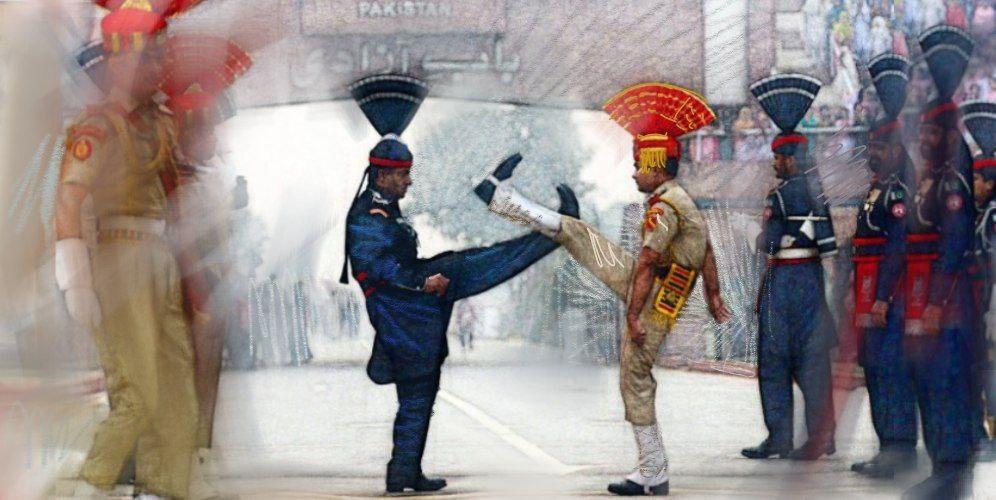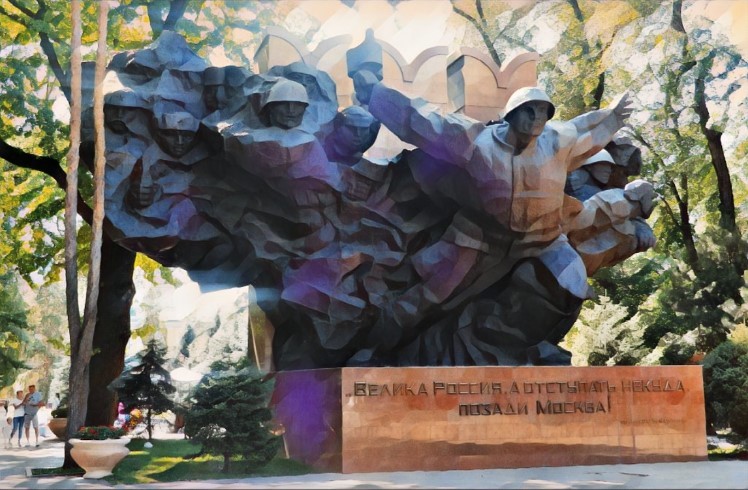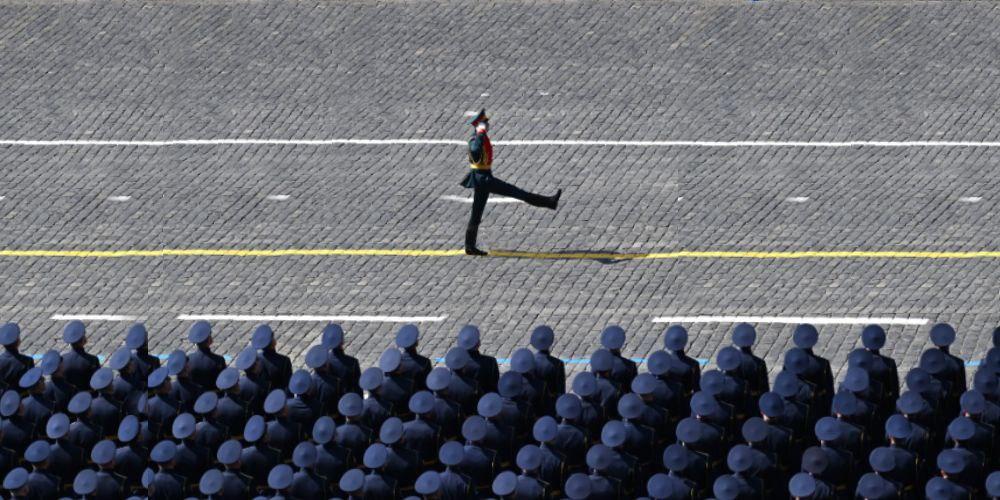UN Official Urges Tajikistan to Release, Retry Woman Convicted of Treason
A United Nations human rights expert has joined in calls for the release and retrial of a 31-year-old mother in Tajikistan who was convicted of treason and sentenced to eight years in prison after her research on Chinese aid to the Central Asian country allegedly aroused the suspicion of authorities. A U.N. statement described Rukhshona Khakimova as a “journalist and woman human rights defender” and said it appeared that she had not received a fair trial and may have been targeted for “legitimate human rights journalism” rather than any wrongdoing. “The case was part of a broader criminal investigation involving former senior officials and politicians allegedly accused of extremism, espionage, and an attempted coup,” said the U.N. announcement, which was released on Wednesday. “Her charges allegedly stemmed from interviews she conducted for a research project on international aid from China to Tajikistan, where she reportedly spoke with two defendants, asking general questions not related to classified information.” In recent years, China has developed an increasingly robust role as an investor and security partner for Tajikistan, which has a long border with Afghanistan and concerns about militant infiltration. Mary Lawlor, the U.N.’s special rapporteur on the situation of human rights defenders, said it was “heartbreaking” that Khakimova had been separated from her two young children because the court sent her to jail. Lawlor said Khakimova had a right to a fair and transparent trial and that she was in contact with the Tajik government about the matter. Tajikistan’s Supreme Court convicted and sentenced Khakimova on Feb. 5. The verdict was upheld on April 2. International human rights and media groups have also called for Khakimova’s release. So far, Tajik authorities have not responded publicly to the appeals, which reflect concern about a deteriorating human rights situation in Tajikistan. However, President Emomali Rahmon removed one restriction on Wednesday, signing a law that “abolishes criminal liability for posting likes or other marks on social networks,” according to the president’s office. The restriction had previously been used to prosecute people accused of endorsing extremist posts on social media, though critics alleged the ban was a way to muzzle opposition to the government.






